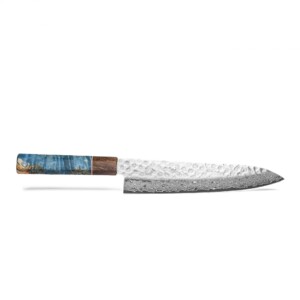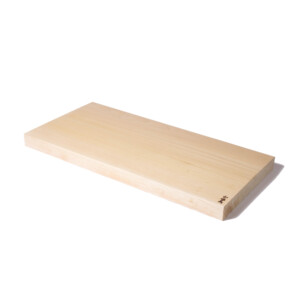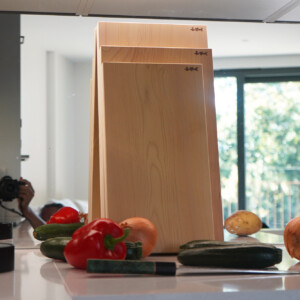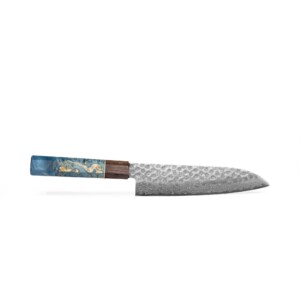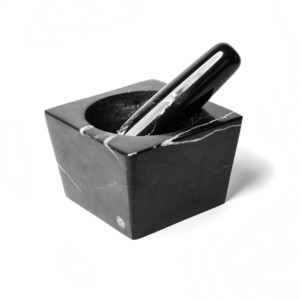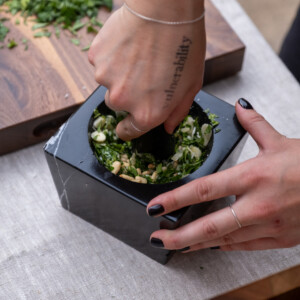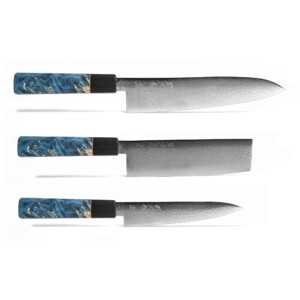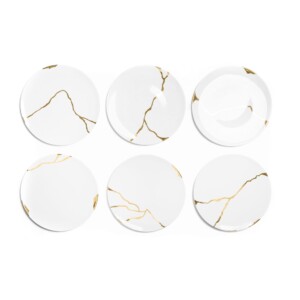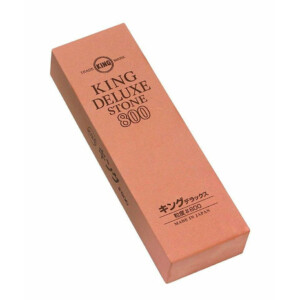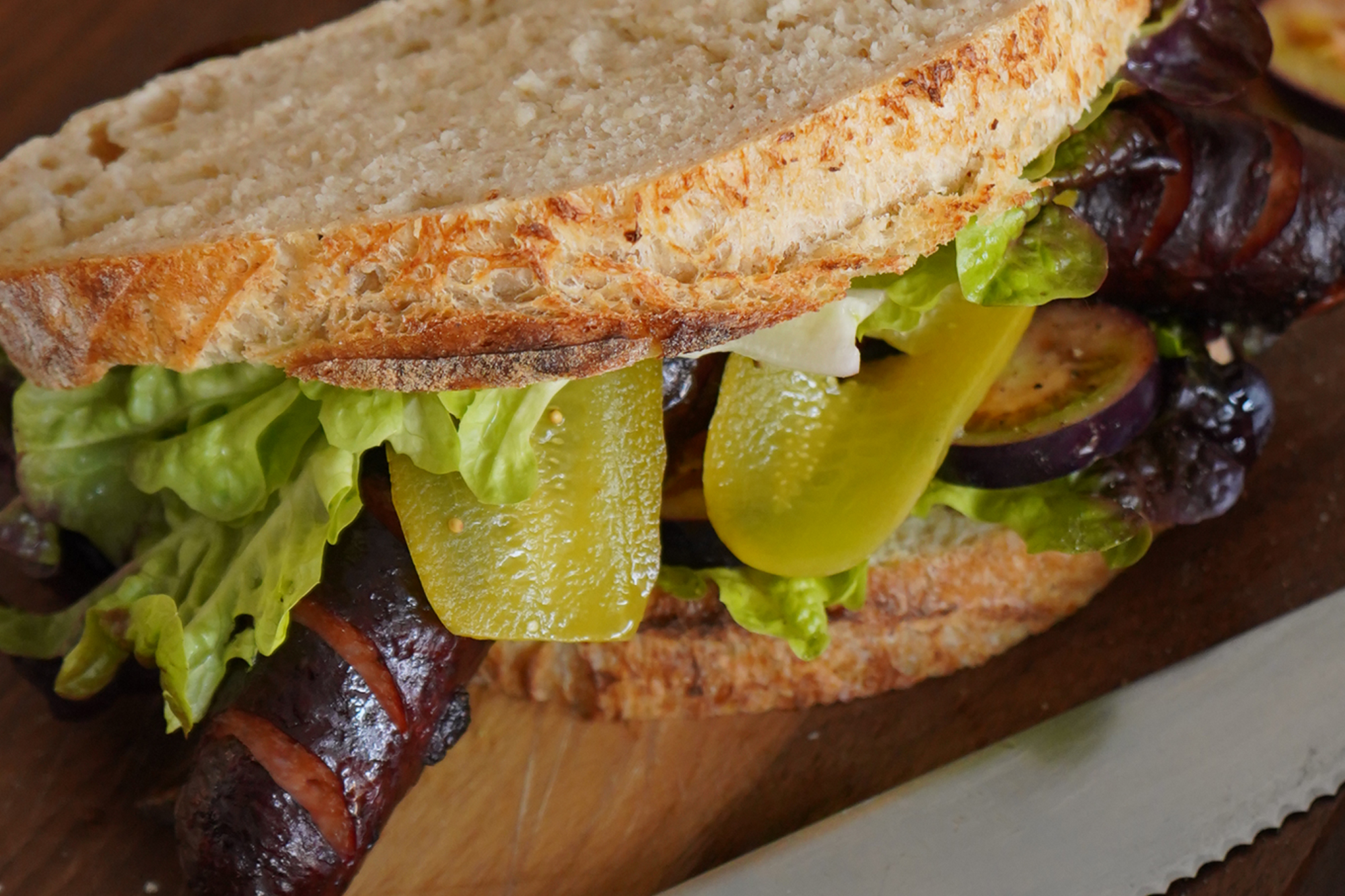Macrobiotics is all about eating in balance. Japanese philosopher George Ohsawa developed this increasingly popular diet. He believed in a holistic approach to health that incorporates many aspects of one’s lifestyle: diet, exercise, meditation and ‘yin and yang’ energy of particular foods. He suggested that health was directly linked and guided by nature. Thereby, eating and living in harmony with nature would create harmony and balance within our body.
Macrobiotics focuses on choosing organic, locally grown and seasonal produce. The macrobiotic diet suggests that your food is divided roughly as follows:
- 40-60 % whole grains, such as brown rice, oats, barley, buckwheat or quinoa. This is considered the most energetically balanced food item in macrobiotics.
- 20-30% fruits and vegetables
- 10% – 25% bean and bean products, such as tofu, miso and tempeh as well as sea vegetables like seaweed
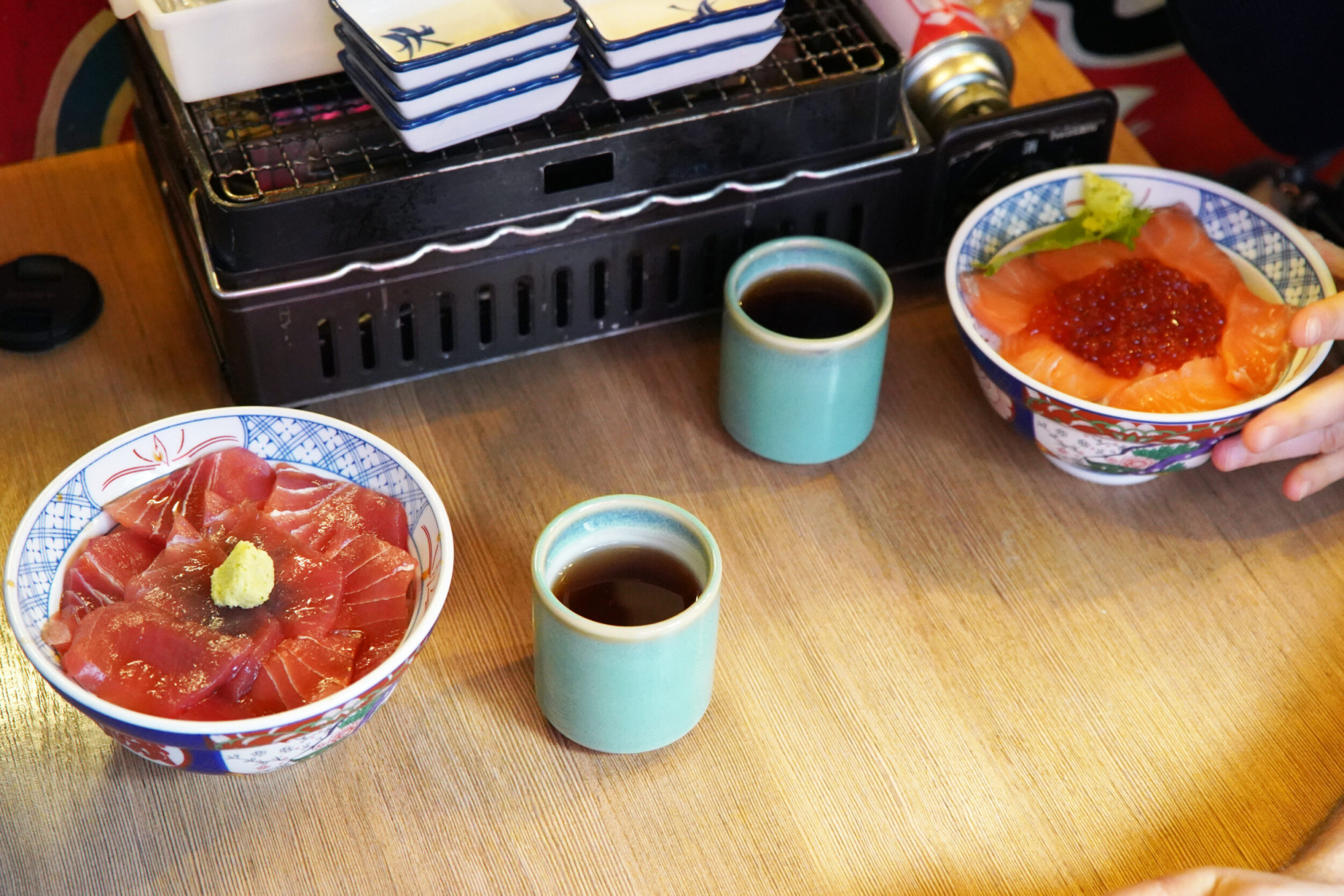
The macrobiotic diet also has lifestyle recommendations, including:
- Only eating when hungry and only drinking when thirsty;
- Chewing food thoroughly until it liquefies before swallowing;
- Avoiding microwave ovens and electric hobs;
- Only using natural materials such as wood, glass and china for cooking and storing food;
- Purifying water before cooking with it or drinking it;
- Avoiding flavoured, caffeinated or alcoholic drinks;
- Eating in a focused, thoughtful, and slow manner without distractions, such as the television.
What foods to limit and avoid?
Eaten in moderation (A few times per week) |
|
Eaten very rarely (A few times per month) |
|
| Eliminate altogether |
|
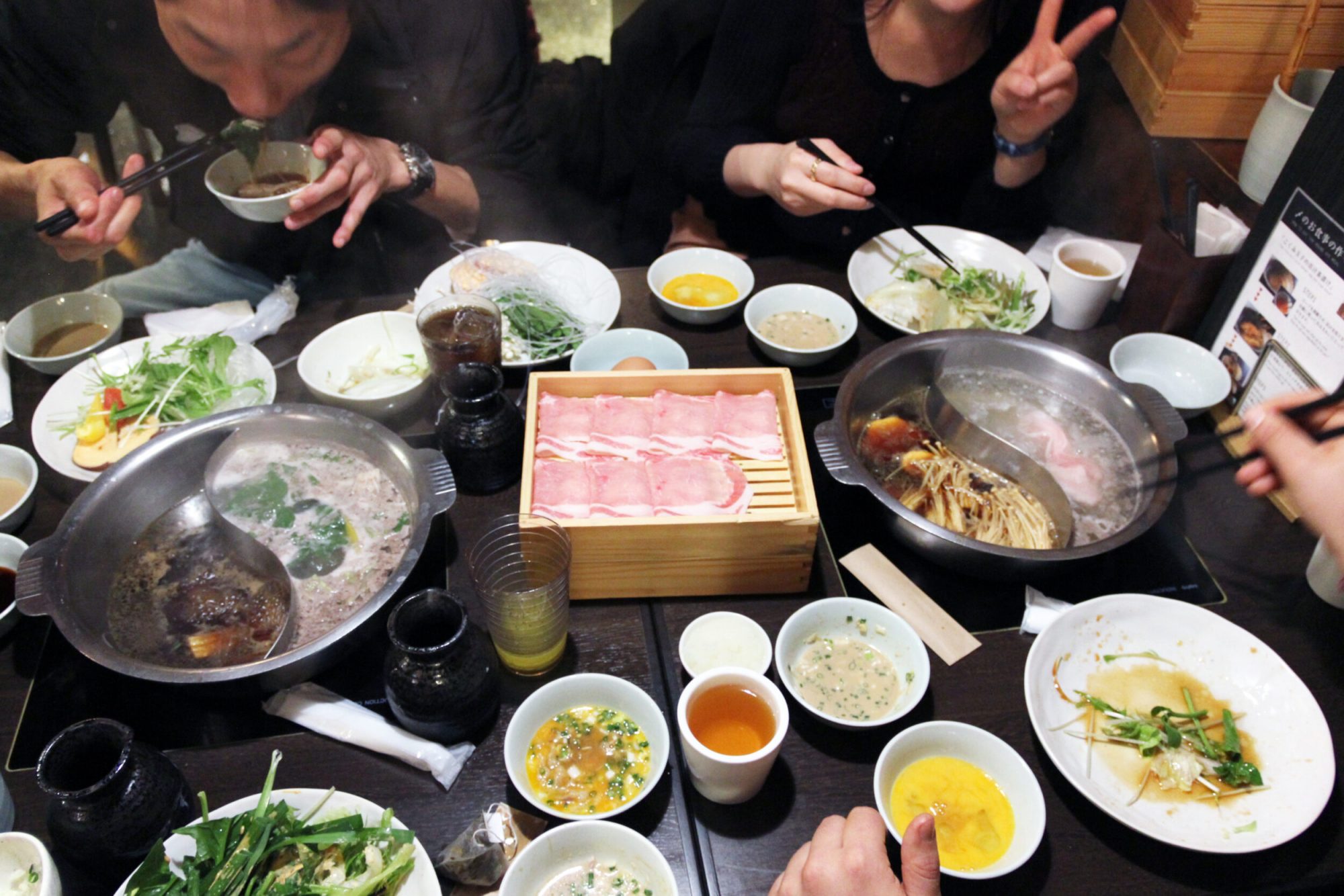
The concept of Yin and Yang in macrobiotics
Yin energy describes foods that grow upwards and outwards. Think leafy greens which grow in an upwards direction, and fruits which grow on taller plants like trees. Yin also represents foods that make us feel uplifted, including refined sugars and grains. When eaten in balance, you’ll feel awake, alert, and light in your body. In excess, you’ll experience a high followed by a crash.
Yang energy represents the opposite: foods that have centripetal energy that moves inwards and downwards. You can visually see this in foods like root vegetables which grow down into the ground and become pointed towards the ends (i.e. carrots, daikon, etc.). Animal products are also considered yang as they are concentrations of the nutrition consumed by the animal. When you have foods with more yang properties, you feel warm and relaxed. In excess, you can easily feel lethargic.
By taking both yin and yang into consideration, you’re feeding your body a wide variety of nutrition while also supporting its needs during that season. For instance, hot weather is considered to be “yang” and nature offers us “yin” foods like watermelon to help us cool off and stay hydrated. Cold weather is considered “yin” and we are offered “yang” root vegetables to help us feel warm, filled and grounded.
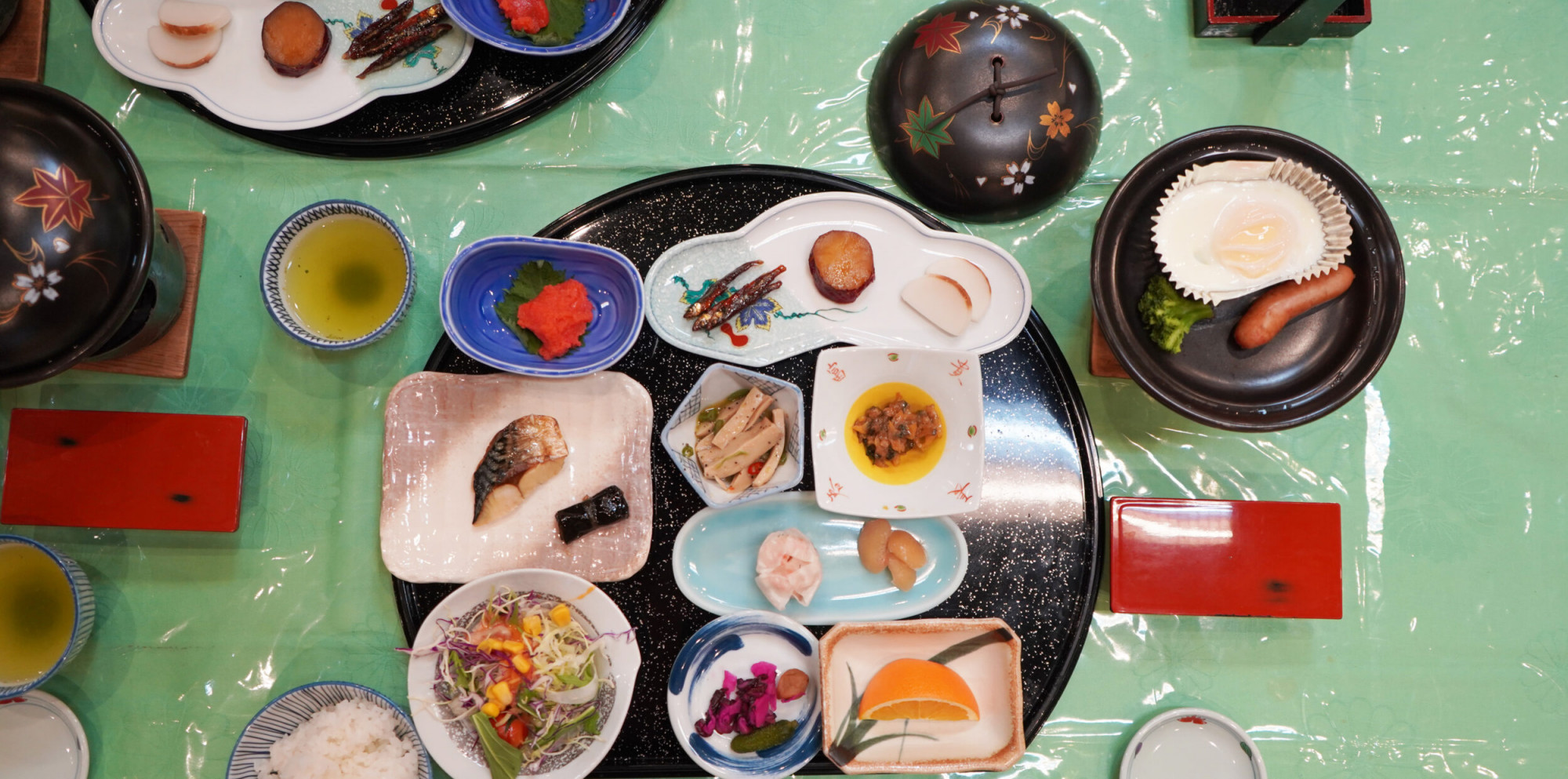
Is a macrobiotic diet a vegetarian diet?
The macrobiotic diet is not necessarily a vegetarian diet. Yet, most people who practice macrobiotics choose to eat vegetarian style because animal products are considered to be taxing to the digestive system since they take a longer time to digest. After all, the least amount of stress you put on your digestive system, the more your body can restore digestive health.
People who are advocates of macrobiotics and consume animal products tend to stick to fish and seafood in small quantities. At the end of the day, the point is to eat in a way that is energetically balanced, so consuming “yin” vegetables to balance out the “yang” animal protein is the goal.
The bottom line
For those who can avoid nutritional deficiencies, macrobiotic eating can provide health benefits. However, you should never use it as a replacement for traditional medical treatments. Likewise, people with specific medical conditions, such as cancer or obesity, should always get a doctor’s approval before starting. Those who are simply interested in pursuing better health may also benefit from a doctor or dietitian’s input before exploring the macrobiotics diet.


